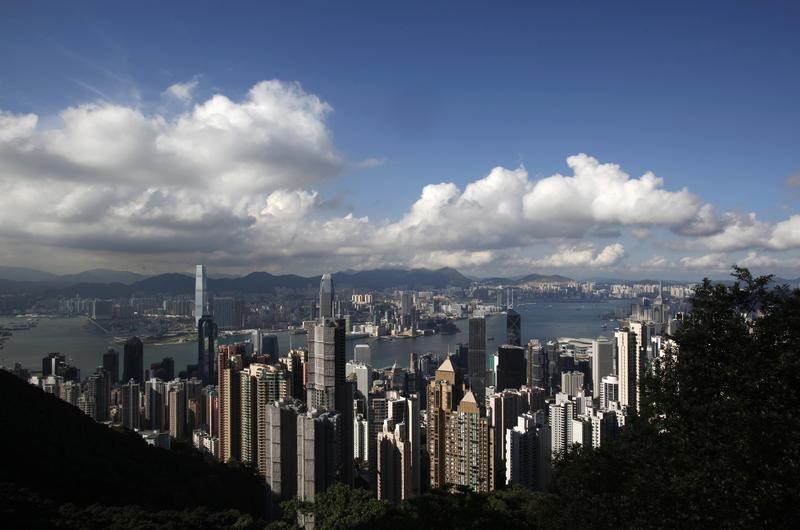(Bloomberg) -- Welcome to Wednesday, Asia. Here’s the latest news and analysis from Bloomberg Economics to help get your day started:
- Hong Kong has long been a land of contrasts in which glittering skyscrapers and chauffeur-driven Rolls-Royces are juxtaposed with decrepit apartment blocks. An aspiration for a share of those riches has been replaced by a growing sense of hopelessness
- The U.S. economy doesn’t appear headed toward a recession, says San Francisco Fed chief Mary Daly, while Barclays (LON:BARC) economists now project three additional quarter-point cuts by the Fed in 2019
- Giuseppe Conte is done working with Matteo Salvini. Now, it’s up to Italy’s president to decide whether Conte is through as a politician too. The ride is likely to lead to higher government bond yields, says David Powell
- Poor water quality saps one-third of potential economic growth in the most heavily polluted areas, according to the World Bank
- Singapore’s slowing growth has started to hurt company earnings as the trade war intensifies between its two biggest trading partners
- Europe’s shaky union is set to face a stress test from President Donald Trump at the G-7 summit, writes Brendan Murray in the latest Terms of Trade. Germany’s tentative steps toward a fiscal stimulus program signal the nation could be in for an unusually severe slump
- A Swiss National Bank interest-rate cut appears increasingly likely, with investors seeing a significant chance of a move next month
- India is set to hold the dubious distinction of having the worst bad-debt ratio among the major economies for a second straight year
- Argentina promised to use “all available tools” to stabilize the peso after last week’s rout, while the IMF said it is sending a delegation to visit the country soon
- The U.K. is considering delaying two key announcements in the latest sign that Prime Minister Boris Johnson’s government is on an election footing
